“While political polarization may have soared to extreme levels over recent years, I hope most of us here in WNC can agree that we want to protect — not develop — our forests.”


“While political polarization may have soared to extreme levels over recent years, I hope most of us here in WNC can agree that we want to protect — not develop — our forests.”

“Let’s change the name of the ‘Forest’ Service to the U.S. ‘Lumber’ Service.”
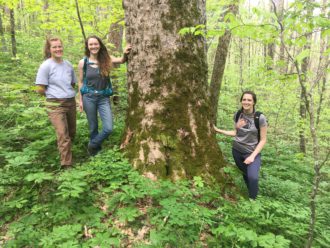
Asheville-based nonprofit MountainTrue and others await responses from the U.S. Forest Service after filing a flurry of legal actions since the federal agency finalized its Pisgah-Nantahala Forest Plan last year.
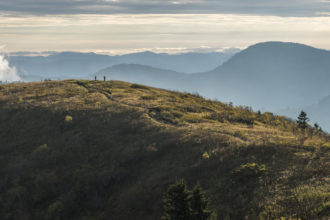
The latest Nantahala and Pisgah National Forests Land Management Plan was implemented last month and outlines land use for the next 20 years.

“Coming on the heels of the disastrous environmental conditions during the Great Depression, the decision to plant kudzu was rational and even environmentally sound.”

“This forest management plan was supposed to be a framework for long-term sustainability of our national forests and carbon storage but instead puts wildlife habitats and old-growth areas at an increased risk, catering to new roads that will increase water pollution and habitat fragmentation.”

“Instead of leveling the woods in a property planned for development, a percentage of trees could be saved, especially mature trees that would help newly planted trees and others thrive.”
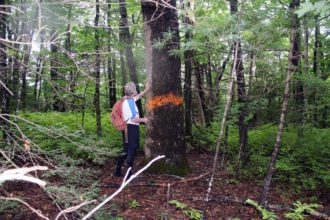
In part four, the last in the series, CPP reports on the objections and responses to the recent decision to harvest 26 acres that encompass an old growth patch of forest on a 3,500-foot mountaintop — the Southside Project.
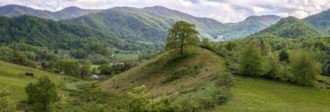
Readers had a lot to say in 2022 about a host of local issues — from our region’s growth and development to the environment, homelessness and more.

The recent decision to harvest 26 acres that encompass an old-growth patch of forest on a 3,500-foot mountaintop – the Southside Project – underscores what some say is the widening incongruity between the U.S. Forest Service’s mission, climate change crisis and the public’s will.
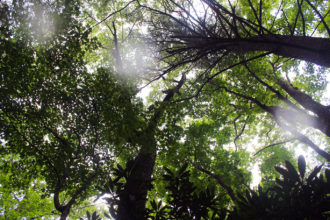
Scientists say old-growth forests are essential tools in the fight against climate change. Harvesting them releases greenhouse gasses, worsening climate impacts.
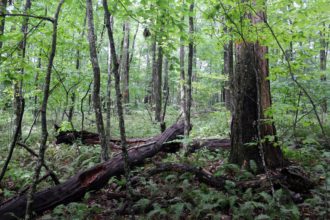
The recent decision to harvest 26 acres that encompass an old-growth patch of forest on a 3,500-foot mountaintop — the Southside Project — underscores what some say is the widening incongruity between the U.S. Forest Service’s mission, climate change crisis and the public’s will.
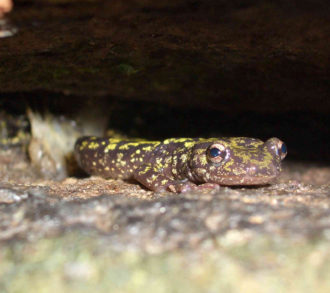
“We were willing to match any price bid on the value of the cut timber in exchange for what would amount to a 100-year carbon lease on those acres.”

“It’s inspiring to see so many objections to the disappointing Pisgah-Nantahala forest plan, which wants to maximize logging and minimize protections for the forest.”

“These forests belong to all of us. Cutting them down benefits only a few, while protecting them improves everyone’s health and well-being.”

“The U.S. Forest Service should reconsider its mission and focus less on ‘productivity’ for tree-harvesting and more on sustaining the health and diversity of our national forest lands, streams and rivers.”

“Gifford Pinchot himself pinned it many decades ago in declaring that he doubted that future foresters would truly understand the diverse ecosystems of the Southern Appalachian Mountains in their management decisions.”
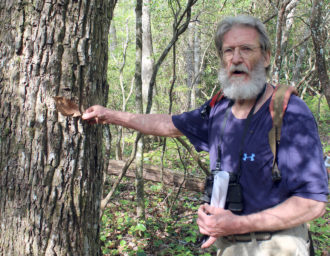
The U.S. Forest Service’s proposed land management plan for the Pisgah and Nantahala forests has drawn thousands of objections, leading to an extension of time to review concerns. The Forest Service chief now calls the plan revision process, which took more than a decade, unsustainable.

“Amid constant change, our forests desperately need intentional manipulations and disturbances. Sure, left alone, Mother Nature will reset these lands for us: But it will be done through ice storms, wildfires and catastrophic, random events.”
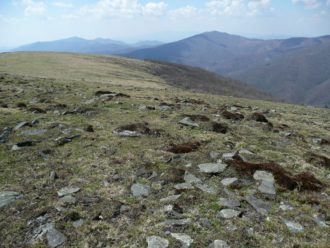
Innovative approaches such as land restoration and private-public partnerships, as well as revisiting tried approaches such as herd grazing and indigenous land management, offer partial answers to the challenges of a changing climate in WNC forests.

“For eight years, the public has consistently and overwhelmingly supported more protections for Pisgah. I hope that the Forest Service finally decides to listen.”